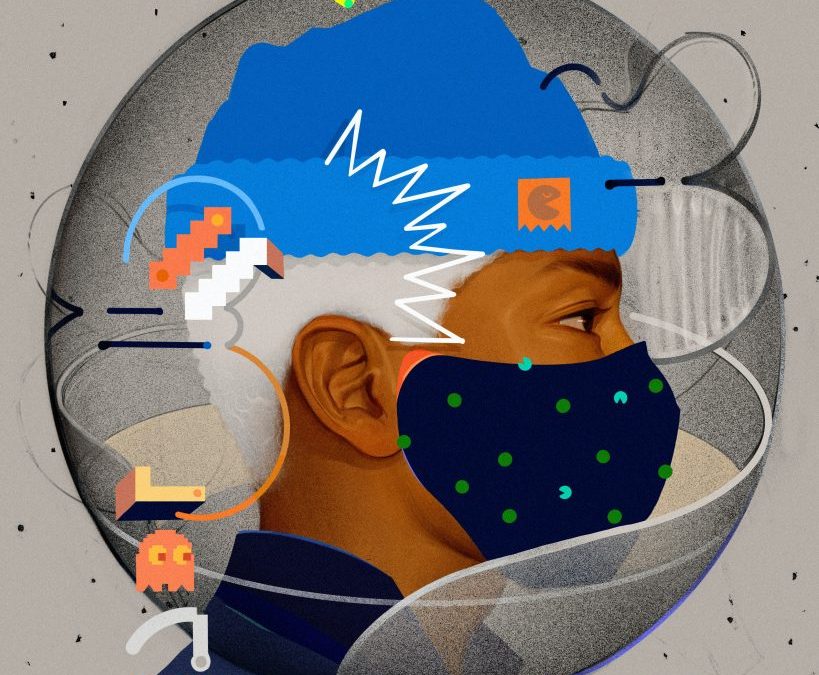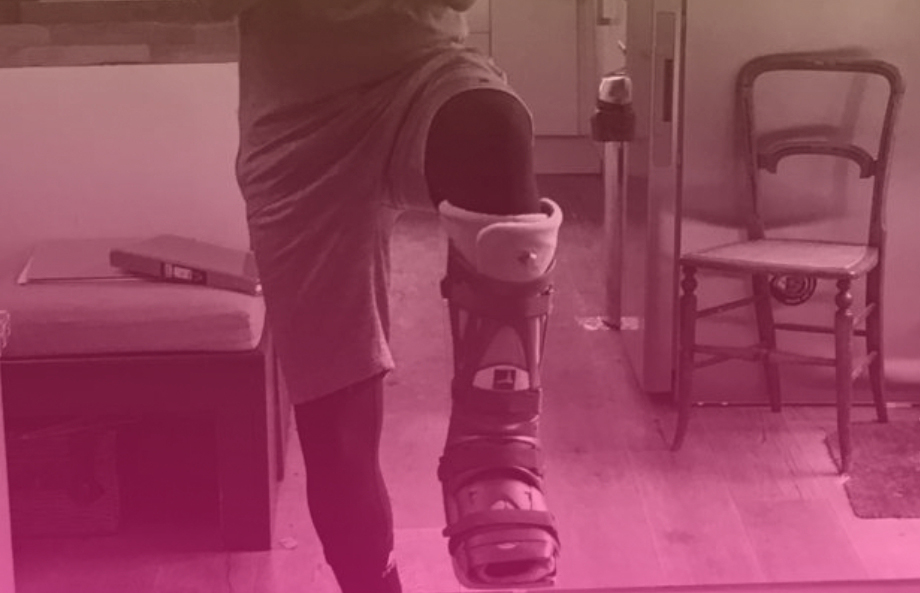Before the Covid-19 pandemic, many BAME (Black, Asian and Minority Ethnic) creative entrepreneurs existed in an invisible space between the public and private sectors. Both sectors had consistently undervalued what they do. In this space, innovation, creativity and optimism forge a resilience that is necessary for their ability to survive; and in a few cases, thrive. This resilience is partly born of necessity and partly of humanity; the natural drive for security, identity, status and creative expression. Covid-19, like other major crises before, has tested this resilience. For the first time, our report intends to give voice to this group, and capture, in all its complexity, their various experiences.
As a second round of money is being distributed to support the arts and creative industries through the government’s £1.57 billion Culture Recovery Fund, we need to ask ourselves: what is it that is being recovered? The murder of George Floyd, and the global fight for racial justice which followed, produced arguably the biggest response to racial diversity the sector has ever seen. This has reduced the impact of Covid-19 on BAME creative entrepreneurs. Many of the people we spoke to have had their best year ever, either in terms of business growth, personal recognition or job satisfaction. Their fear is that the heightened interest in diversity will slowly evaporate, and that ‘recovery’ will mean giving up any gains made – a return to business as usual in the invisible gap between the public and private sectors.
Even with the positive impact of the Black Lives Matter movement, inevitably, some of the entrepreneurs have businesses that could not be insulated from Covid-19 and the lockdown measures. However, even amongst this group there is strong acknowledgement of a positive shift in recognition and perception of BAME entrepreneurs within their industries. They had found a voice, and colleagues, as well as some of those in power, were opening their doors to listen.
Our paper – covering 20 case studies – is not claiming to be statistically significant. It does provide different stories of life during Covid-19. Collectively their experiences point to enduring themes, supported by the reality on the ground. The fact that, on aggregate, the entrepreneurs we interviewed performed better during the pandemic than before means we have made progress, of a sort, and that we should aim to build on any gains made. To do this we should invest in regeneration (i.e. creating new systems, new structures and new leaders), not just recovery of the sector as it was pre-Covid-19. This is not a time for self-preservation by the gatekeepers of our current system; a system which allowed underinvestment over the last 75 years, since the launch of the Arts Council. It is a time for them to cultivate something new. Entrepreneurial creativity is required, the very qualities our participants have in such abundance.
This is the start of a conversation. Many of the themes raised need further exploration. The experience over the pandemic, and in the last year, is mixed. But if I were asked to draw a single conclusion, it is that consciousness has been raised, aspirations have been elevated and nobody wants to simply go back to life and business as we knew it pre Covid-19 and pre-George Floyd. None of the people we interviewed want to believe that moving beyond lockdown will mean moving back to being less visible and having less of a voice (a return to their invisible space). Their collective hope is that these various crises will be the catalyst for the regeneration of our sector, to one that is more equitable and as a result more resilient. It is a hope they are willing to fight for.
Thank you to Sue Barnard and the Arts Council for their timely support of this research. Thank you to James Doeser, not only for his work on this but for his guidance. Thanks to those on the MeWe team who helped in pulling this together. But mostly I want to thank the 20 people for the time they took to share their inspirational stories which formed the source material of this report.
Kevin Osborne




